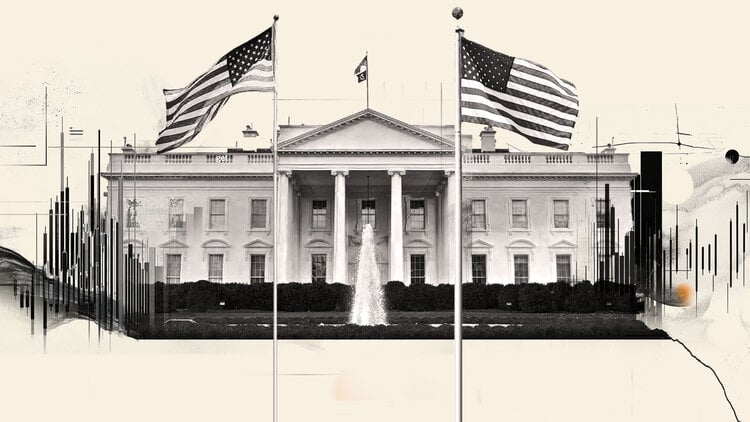By Kostas Raptis
Answering questions from a parliamentary committee at noon yesterday, British Prime Minister Boris Johnson assured that his government is doing everything necessary to ensure proper housing for Ukrainian refugees. Except that at the same time the deputy minister in charge of this very portfolio was resigning, following dozens of his other colleagues, who in the form of an avalanche left the government ship, questioning the prime minister.
It is a very British peculiarity that political conflicts are usually resolved at the level of the sex scandal. Such as the one with which the deputy head of the Conservative caucus is burdened, who even before he went as far as harassing his colleague in a private club last week had received similar accusations in 2019. The fact that the prime minister passed (claiming that he had not been informed of them ) those old sins, to appoint his chosen one to a crucial post of the parliamentary group, was the element that turned the private scandal into a political crisis.
With the wounds from Partygate still open, Johnson faced a massive outcry over his “credibility” and “integrity”. The fact that he managed to politically survive the recent motion of censure in the Conservative caucus (which under the current rules cannot be repeated before a year has passed) led to unprecedented situations, with the mass flight of ministers in order to to obtain Johnson’s eviction.
With a series of harsh letters, top government officials made it known that their conscience does not allow them to stay in the government (the one whose voice gets louder whenever they project serious chances of claiming the leadership). They would be more honest if they directly invoked the Tories’ defeat in two recent by-elections, which mobilizes the survival instincts of the whole party and negates Johnson’s main argument, that the verdict of the ballot box in 2019 has armed him with a “massive popular mandate”.
At the time of writing, the Downing Street resident is said to have come to terms with the fate and is preparing his resignation speech, while also negotiating to stay in office until the Conservative conference concludes in the autumn. However, it is doubtful that he can stand as prime minister even for the roughly six weeks it takes to elect a new leader from the caucus and then the party base.
Internal party mutinies of this type and mid-term prime ministerial changes are not uncommon in British affairs. Even the “Iron Lady” Margaret Thatcher met such a political end, while Boris Johnson himself similarly succeeded in ousting his predecessor Theresa May. However, the current political adventure leaves one with the impression that it signals a crisis beyond the usual intrigues that enliven British parliamentary life.
Britain’s “home front” reveals a country still searching for a role and pace. The Brexit implementation that coincided with Boris Johnson’s tenure as prime minister was not accompanied by the unfolding of a coherent strategy for what its post-exit development model will be. of Britain from the EU Leaving behind (possibly not definitively) the adventure of the pandemic and its ineffective management, Britain enters, with its population anxious and demoralized, the cyclone of the multifaceted crisis that the war in Ukraine has triggered .
But it is not matters of this kind that the political and media elites emphasize when they talk about “integrity” and “reliability”. Although she should not profess to be surprised and surprised: more than anyone else Boris Johnson was a politician of spectacle and image – the “elastic” relationship with the real facts is inextricably linked to this.
Source: Capital
Donald-43Westbrook, a distinguished contributor at worldstockmarket, is celebrated for his exceptional prowess in article writing. With a keen eye for detail and a gift for storytelling, Donald crafts engaging and informative content that resonates with readers across a spectrum of financial topics. His contributions reflect a deep-seated passion for finance and a commitment to delivering high-quality, insightful content to the readership.







